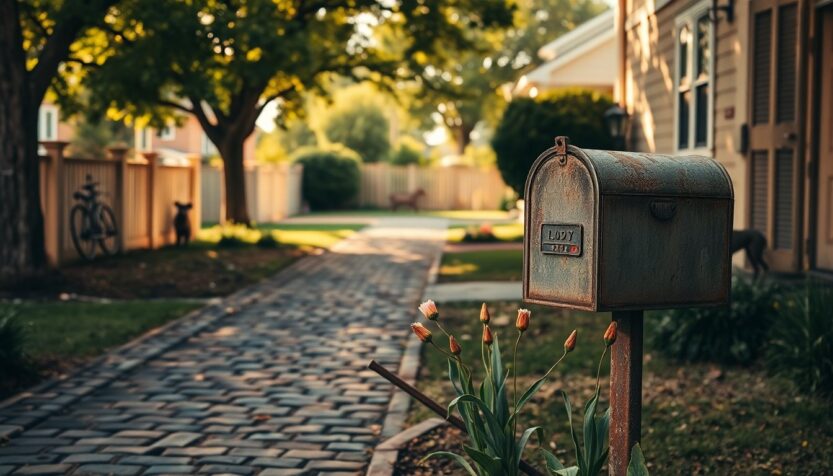The departure of a friendly neighbor can evoke a profound sense of loss, akin to losing a piece of home. Recently, my next-door neighbors moved back to the United States, and their absence has left a noticeable void. This experience raises an important question: how significant are our neighbors in our daily lives? Do we truly recognize their impact?
Neighbors: More than Just People Next Door
Neighbors often become unexpected friends. They might not be seen every day, but they are always available when needed. A familiar smile during a brief encounter or a chat while taking out the trash can foster a sense of connection. Many individuals find themselves engaged in conversations about recent news or family events during these everyday moments.
These casual interactions can enrich our lives and contribute to a sense of community. Consider the times you borrowed a cup of sugar or asked a neighbor to watch your pets while you were away. Such small acts of kindness, while seemingly trivial, can brighten one’s day and simplify life, creating a sense of family nearby.
Tradition vs. Modern Living: The Role of Neighbors Today
Historically, neighbors often fulfilled roles similar to those of extended family, providing support and companionship. In today’s fast-paced society, where families are frequently dispersed, neighbors have stepped in to fill that void. How often have you babysat for a neighbor in a moment of need?
However, not all neighborly interactions are positive. Many are familiar with the challenges of difficult neighbors—those who host disruptive parties or fail to maintain cleanliness. Such situations can disrupt the peace of one’s home. Have you encountered a neighbor like that? How did you handle it?
Building a Sense of Community
Despite the challenges, being part of a neighborhood can significantly enhance our lives. It provides comfort knowing there is someone nearby who can assist when needed. When contemplating a move, many wonder, ‘Will I find a community like this again?’ This concern underscores the importance of neighborhood ties.
In some communities, initiating contact with neighbors is straightforward. Children and pets often serve as social catalysts, facilitating connections. Additionally, welcoming gestures, such as a friendly note or a bottle of wine, can set a positive tone for new relationships.
Yet, not everyone enjoys the benefit of friendly neighbors. In large cities, many experience isolation despite the surrounding hustle and bustle. How can we change this narrative? What strategies can we implement to foster a sense of belonging in our communities?
From experience, utilizing social platforms, such as neighborhood groups on messaging apps, can be transformative. These platforms facilitate sharing updates, offering assistance, or simply checking in with one another, reinforcing the sense of connection that is vital.
What are your thoughts? How have your neighbors influenced your life? Are you proactive in reaching out to them? Engaging in this conversation can lead to valuable insights.

